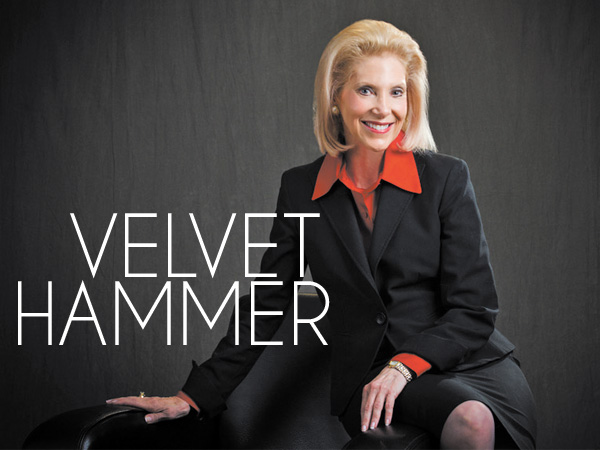Q: Recently, I established a handmade jewelry business. My mother financed my start-up and became my business partner. Lately, we’ve been on extreme opposite pages when it comes to running the business. Needless to say, our relationship is strained. Any advice before our partnership becomes irreparable? —Need Rules of the Road to Work with Mom
A: Working with family members has to be a thoughtful process upfront, and boundaries must be set if you are to build a professional relationship and solid business plan. I think you and your mom need to take an immediate step back and establish some ground rules if you want to salvage your business and personal relationship. First, you need to have a clear-cut understanding of your goals and responsibilities. Otherwise, you’re going to continue to have a difficult time making plans or coming to a consensus on decisions. I’d also suggest that you prepare job descriptions for your respective roles to avoid stepping on one another’s sensitive toes. In a recent study of 520 family-owned businesses, the most successful ones were those that made each person’s role in the company distinctly defined. Most important, you need to trust one another. You can start by acknowledging your current situation. Be certain that you’re competent in your roles and have the knowledge, skills and abilities to perform. If you find you need help, get some training or a mentor, or redesign your tasks and responsibilities to align them with what you do best. Don’t rule out the possibility that you may need to meet with an experienced, objective HR manager or external consultant to facilitate this process. The rules of the road are simple; working with close family members is the tough part.
Q: I’m beginning a job search and know how important it is to be natural and confident in an interview, but I’m concerned how I’ll come across and could use some tips on body language. —Nervous But Up to the Challenge
A: It’s been said that 55 percent of communication is nonverbal, and that’s challenging when you’re in a situation where you’re already nervous. Here are a few tips: Maintain eye contact with your interviewer. If you’re in a group interview, establish initial contact with the person who asked the question and then look at the other interviewers to keep them engaged. A smile goes a long way, and smiling reduces stress. Don’t fidget. Fidgeting can make you look shifty and may send a red flag to your interviewer. Good posture either sitting or standing is essential. Bad posture can be interpreted as complacent or not paying attention. Be aware of how you hold your arms. A number of HR managers feel crossed arms send a negative signal. Finally, practice in front of a mirror or with a trusted friend to help you gain your nonverbal advantage.
If you have a question for Joan, send it to business@townandstyle.com. Joan Lee Berkman is a marketing and public relations consultant.








